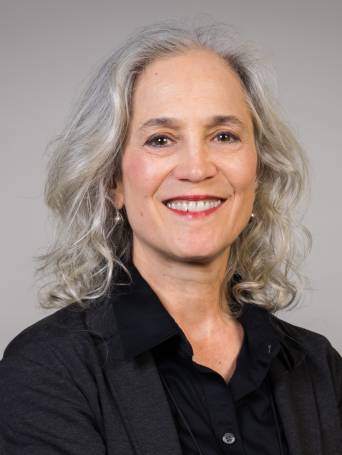
Robyn L. Stein is an Adjunct Associate Professor of Public Service at the NYU Wagner Graduate School of Public Service and a consultant to not-for-profits with a focus on strategic marketing/communications, fundraising, event production, sponsorship development, and cause-related marketing.
Over the past 40 years, Stein has worked in-house and as a consultant to leverage impact, drive visibility, and generate revenue on issues ranging from the performing arts and social justice, to libraries and book challenges, food insecurity, education, and reproductive rights. She has worked with organizations such as the American Library Association; Harlem Stage, the Global Business Coalition for Education, and Safe Horizon. Stein was previously the Managing Director of Pro-Media Communications and worked in-house at NYU Wagner, City Harvest, Citymeals-on-Wheels, Planned Parenthood Federation of America, and the Multiple Sclerosis Society.
Through her years working within the hunger relief space, she also has vast experience coordinating with the chef and restaurant community, developing close ties with chefs and staff for such stars as Daniel Boulud, Marcus Samuelsson, Mark Murphy, and Eric Ripert. Through ther client work and leading the Board of Advocates at Planned Parenthood, she has worked closely with such stars as Kathleen Turner, Jane Fonda, Tamara Tunie, LaChanze, Claire Danes, Hugh Dancy, and Kathy Najimy.
Stein earned her MBA from SUNY Binghamton and a Bachelors of Fine Arts from the University of Colorado. She is an avid hiker and Iyengar Yoga practitioner.